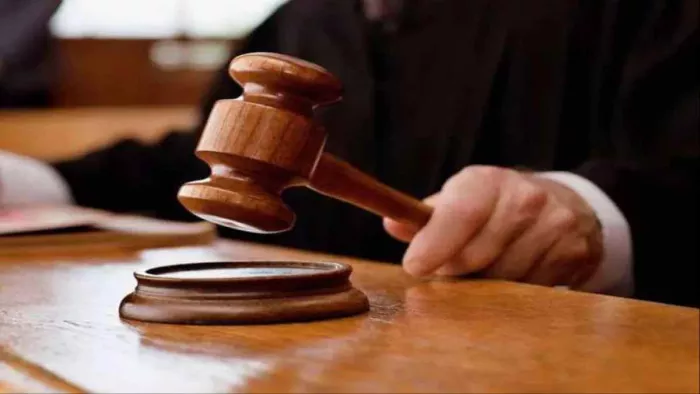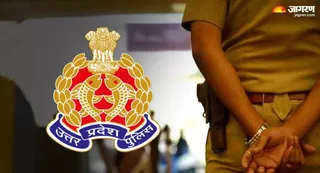Court Imposes Life Sentence on Wrongfully Convicted Individual
In a shocking turn of events, a local court has handed down a life sentence to an individual who was later revealed to be innocent. This decision has raised significant concerns regarding the integrity of the judicial system and has sparked widespread outrage among the public and legal experts alike. The convict, whose identity has not been disclosed for legal reasons, was also ordered to pay a hefty penalty of three lakh rupees.
The case, which has attracted considerable attention, highlights the potential for grave miscarriages of justice within the legal framework. It has prompted calls for a comprehensive review of the evidence and the procedures that led to this alarming verdict. Activists and human rights advocates are now demanding that the authorities take immediate steps to rectify this situation and ensure that justice is served for the innocent individual wrongfully sentenced to life in prison.
In the wake of this ruling, many have expressed their disbelief that such a serious punishment could be meted out without irrefutable proof of guilt. Legal analysts are questioning the methods used during the investigation and trial, emphasizing the need for transparency and accountability in the judicial process. The case has opened a dialogue about the importance of safeguarding the rights of defendants and the necessity for stringent checks and balances in the criminal justice system.
As the news of the life sentence spreads, it is becoming increasingly clear that public confidence in the judicial system is at stake. Citizens are taking to social media to voice their concerns, and demonstrations are being organized to advocate for the release of the wrongfully convicted individual. Many believe that this incident underscores a broader issue of systemic flaws that can lead to the wrongful conviction of innocent people, potentially ruining lives and families in the process.
Legal representatives for the convicted individual are currently exploring options for an appeal. They assert that the conviction was based on circumstantial evidence and that the defense was not adequately represented during the trial. This has further fueled public outrage, as many feel that the right to a fair trial was compromised. The legal team is determined to gather new evidence and testimonies that could support their case, aiming to overturn the life sentence and clear the name of their client.
In light of this troubling case, several organizations focused on criminal justice reform are calling for immediate action. They argue that the judicial system must implement stricter guidelines and oversight to prevent future miscarriages of justice. Initiatives such as better training for law enforcement and judges on handling evidence, as well as increased support for public defenders, are being recommended to ensure that no one else suffers the same fate as the wrongfully convicted individual in this case.
As the community rallies behind the cause, the spotlight is shining on the need for reform in the judicial system. Citizens are reminded of the critical importance of due process and the protection of individual rights. The collective voice calling for justice serves as a poignant reminder that the fight for equality and fairness within the legal system is far from over.
This case will likely set a precedent for future discussions surrounding wrongful convictions and the measures needed to address such critical issues within the justice system. As the legal battle continues, advocates for the wrongfully convicted remain hopeful that justice will ultimately prevail, restoring faith in a system that is meant to serve and protect all individuals, regardless of the circumstances.
In conclusion, the life sentence imposed on the innocent individual not only reflects a grave injustice but also calls into question the reliability of the legal framework. The community’s response highlights a growing awareness and demand for accountability within the criminal justice system. The outcome of this case may very well influence future approaches to safeguarding the rights of defendants and ensuring that such a miscarriage of justice is never repeated.















